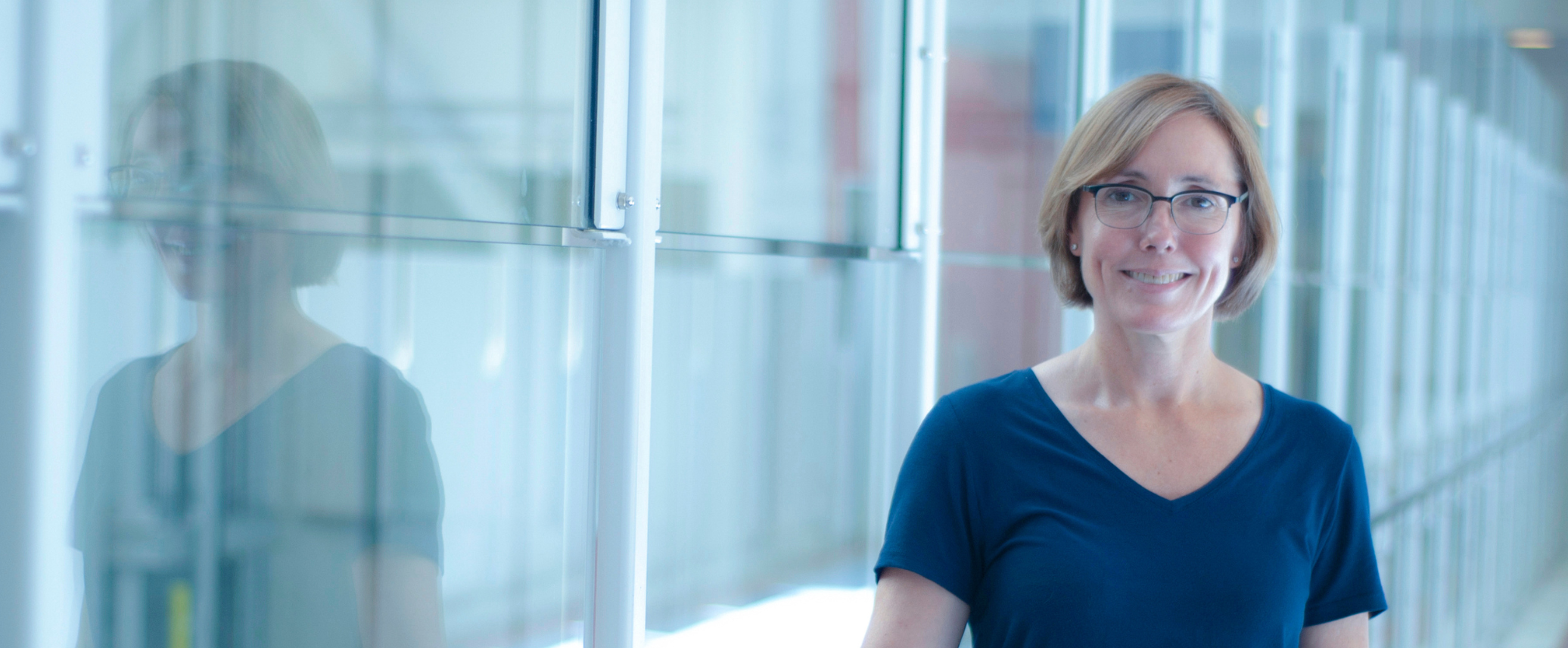Around 9,500 people experience stroke each year in New Zealand, and most will have difficulty walking. Being able to walk independently is the most common rehabilitation goal for patients, and around three-quarters of patients achieve this goal in the weeks and months after stroke. The time it takes can vary significantly. Some are able to walk safely on their own again within just a day or two, and others need several months of therapy to achieve this goal. Unfortunately, predicting walking recovery is difficult based on clinical experience alone. This is because patients with similar stroke severity can have very different walking recovery trajectories and outcomes.
At present, patients and their whānau are given little information about what to expect for walking recovery. This can create a long period of uncertainty about whether they will be able to live independently, return home, or require care, which creates additional stress in an already very difficult situation. Most patients whose walking is affected by stroke want more information about what to expect for their recovery. Having an accurate prediction early in recovery helps to plan a person’s care and rehabilitation, and enables their whānau to make informed decisions about the best way to care for their loved one.
Professor Stinear and her team have identified the benefits that accurate predictions can have for patient care, reducing uncertainty for patients and their whānau regarding their recovery. They developed the Time to Walking Independently after Stroke (TWIST) prediction tool, which predicts when a patient will recover independent walking after stroke with >90% accuracy.
In 2021, Professor Stinear and her team were awarded a project grant from the Neurological Foundation to validate TWIST so it can be implemented in clinical care and benefit the thousands of New Zealanders who experience stroke each year. This tool can then be used by clinicians 1-week post-stroke to predict both whether and when an individual patient will recover independent walking within the next 6 months. It is expected this will improve rehabilitation quality and efficiency, discharge planning, and patient and whānau experiences of stroke care.
We are hosting an online talk with Professor Stinear and Professor Alan Barber on Tuesday 5 July. Click here to register.
What we do
Conditions
Events
Support us
-
Why Support Us
-
How to Donate
-
Fundraise for Us
-
Leave a Gift in Your Will
-
Become a Partner
-
Become a Member
-
Tell Your Story
-
Other Ways to Support Us






